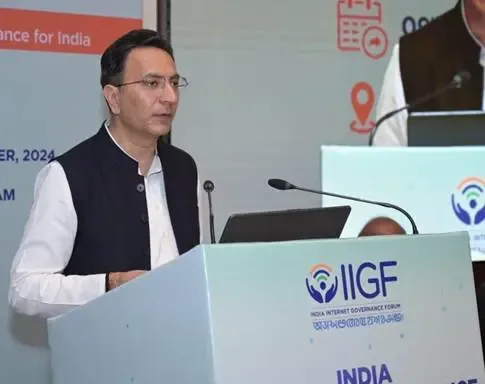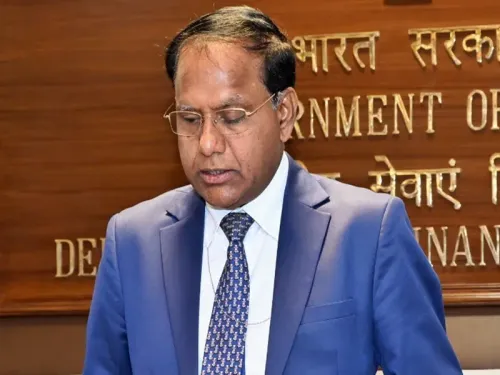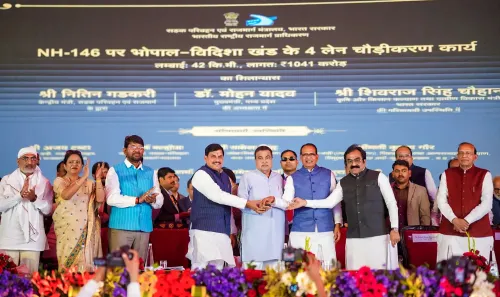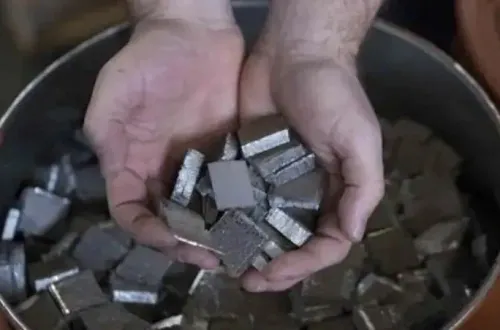Government Takes Action Against Rs 206.6 Crore Substandard Imports

Synopsis
Key Takeaways
- Total of 206 cases filed against substandard imports.
- Valued at Rs 206.62 crore in FY25.
- Measures to protect domestic industry initiated.
- DGTR conducts investigations under Customs Tariff Act.
- Constant vigilance by Directorate of Revenue Intelligence.
New Delhi, April 1 (NationPress) The government announced on Tuesday that a total of 206 cases concerning the import of substandard goods, amounting to Rs 206.62 crore, have been filed in FY25 (up to February) by the Directorate of Revenue Intelligence and Customs field formations under the Customs Act, 1962.
The Centre has initiated various strategies to combat the import of substandard products in Indian markets, aiming to safeguard the domestic industry.
To shield the local industry from the detrimental effects of lower-cost imports, the Directorate General of Trade Remedies (DGTR), which operates under the Department of Commerce, conducts a range of investigations (anti-dumping/safeguard (quantitative restrictions)/countervailing) according to the Customs Tariff Act, 1975, based on properly substantiated petitions submitted by the domestic industry, as stated by the Minister of State for Commerce and Industry, Jitin Prasada, in a written response to the Lok Sabha.
The DGTR assesses applications submitted by the domestic industry and reviews the responses obtained from importers, exporters, and other interested stakeholders per the provisions of the Customs Tariff Act, 1975.
Following this assessment, the DGTR sends its recommendations to the Ministry of Finance for final evaluation.
As per the minister, the Directorate of Revenue Intelligence and Customs field formations under CBIC maintain ongoing surveillance to monitor the import of substandard goods into India.
Upon identifying such cases, actions are taken in accordance with the Customs Act, 1962 and other related laws.
Moreover, the Indian Customs Risk Management System (RMS) enforces risk-based selective examination and testing policies grounded in the specific selectivity criteria of the corresponding regulatory agency, thereby preventing the import of substandard goods.
“Additionally, Section 25 of the Food Safety and Standards Act, 2006 and the Food Safety and Standards (Import) Regulations, 2017 govern the import of food items into the country. The clearance or No Objection Certificate (NOC) issued by the FSSAI is subject to document scrutiny, visual inspection, sampling, and testing, to determine compliance with safety and quality standards,” Prasada informed.










